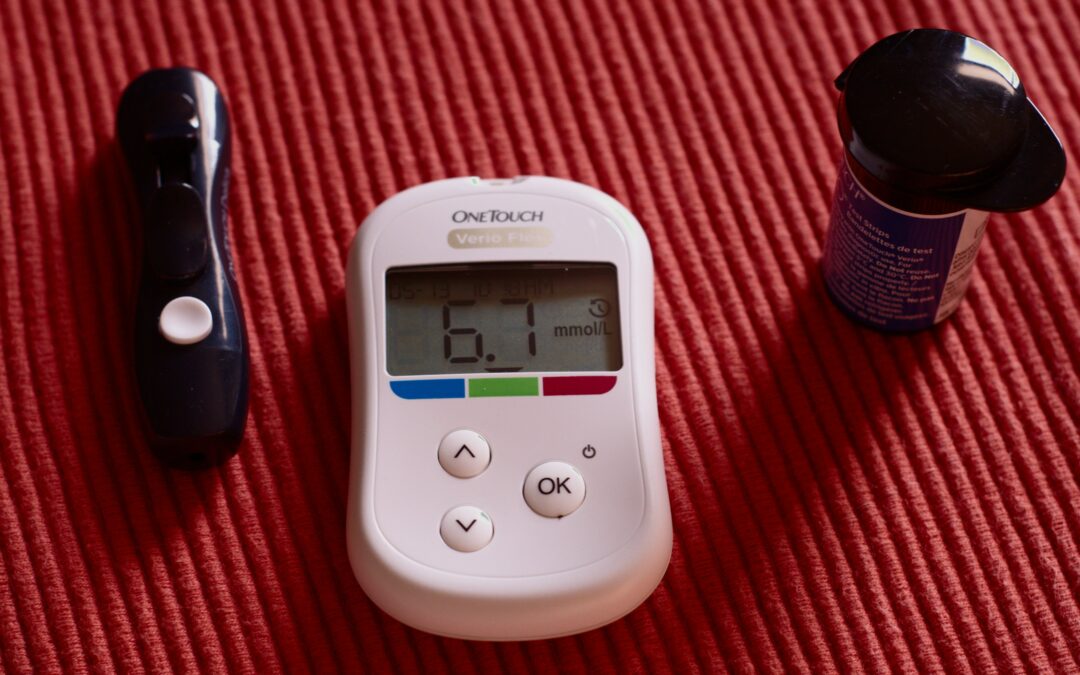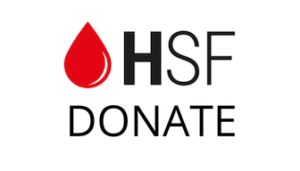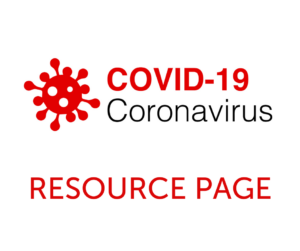
Don’t believe hypoglycemia affects you? Think again…
According to leading experts some 80 million or more Americans have hypoglycemia and most don’t even know it! Are you one of them? Let’s take a look at some of the symptoms of this most confusing, complicated and too often misdiagnosed condition.
Fatigue, insomnia, mental confusion, nervousness, mood swings, headaches, depression, phobias, heart palpitations, craving for sweets, cold hands and feet, forgetfulness, blurred vision, inner trembling, outbursts of temper, sudden hunger, allergies and crying spells.
This list contains just a few…the entire list by Dr. Nancy Appleton, author of Suicide by Sugar; includes over 100 symptoms!
How about we look at this from another point of view?
You try to sleep but you’re restless all night long. So when you finally do get up, you need at least three cups of coffee to function. You struggle to get to work, already feeling tense because you’re late; and when you do arrive, you snap at your co-workers for some minor guidelines they forgot to follow. You reach for another cup of coffee both before noon and at 3 o’clock when you feel that afternoon slump about to overcome you.
Or you got up late, too busy to eat breakfast, run off to your first meeting of the day. Great, they’re serving coffee and donuts! Lunch, I’ll just have a yogurt with fruit…that should be healthy.
It’s five o’clock and you’re running to get the kids from school but your pounding headache makes it a difficult drive. Then you’re too rush to cook a healthy dinner because you either have to run out for a late night meeting, your children have to do a school project and you still didn’t buy the necessary supplies needed. So dinner is a quick macaroni dish, chicken you picked up at Publix or as a last resort, canned soup and sandwiches.
Do you realize that though all this scenario, your blood sugar is going up and down like a yo, yo?
Your coffee, donuts, sugar laden yogurt, skipping meals and stress can lead to hypoglycemia symptoms that just keep getting worse if left untreated!
Do you believe that if you just make some small changes you can see a difference in your attitude, behavior and thinking process that can lead to better personal and professional relationship?
Here are some quick and easy changes to stabilize your blood sugar and avoid the highs and lows of hypoglycemia…a condition most of you don’t realize affects you on an everyday basis:
- Start and end the day with protein. That means breakfast is a must, even if it is a good protein drink, hard boiled egg, apple slices with almond butter. Check out my list of suggested snacks on our ….If you have dinner early, make sure you have a protein snack an hour or so before going to bed. Otherwise you will be going 12 to 14 hours without food, a reason some find very difficult to get out of bed in the morning!
- If you have yogurt, make sure it is plain Greek yogurt and add your own fresh fruit and nuts. Too many name brands are full of sugar which will drop your blood sugar in just a few hours leaving you fatigued and hungrier.
- Watch you consumption of orange juice…most believe it is the perfect drink of juice, especially since it is advertised as “natural!” Each 8 ounce glass of orange juice e contains 8 teaspoons of sugar!!!
- Preparation is the key! Make some meals ahead of time, preferable over the weekend. You can freeze some and serve them on a night when you have literally no time to cook.
- Always carry a protein snack with you, especially if you are driving. Feel weak, it is easy to grab a few almonds or string cheese.
- If your place of work has coffee available just as soon as you arrive, ask to add herbal teas, nuts and allowable fruits.
- Exercising strenuously, especially without eating before or after, will definitely lower your blood sugar…sometimes to extreme. Instead of worrying so much about how you look, listen to your body’s reaction. If symptoms persist, you may have to slow down your exercise program or change your routine entirely.
The purpose for this particular blog is to let you know that how you think, feel and act can be a result of what you are or are not eating! Before you take the pain pill for your headache, it could be from the three cups of coffee you had to start the day. The tranquilizer you feel you need for your anxiety could simply be that you skipped breakfast and lunch and your body is running without fuel…won’t and can’t function! And finally the sleeping pill you crave at night could be that the candy, ice cream and soda you had before going to bed is keeping you wired and unable to have those forty winks your body needs, craves and deserves.
Please, take stock, evaluate your dietary habits, keep a diet/symptom diary and assess those foods and habits you think or know need adjusting. In doubt, reach out for more information or assistance. You don’t have to do it alone!
Here’s to your health…make it count!
Roberta




Recent Comments